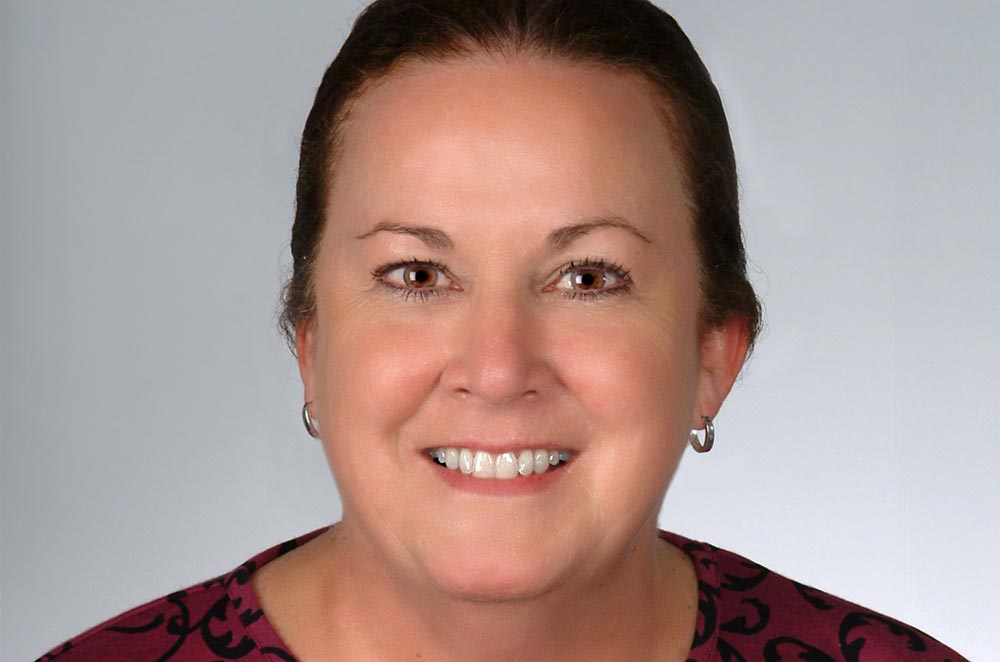
The test comes back positive. You’re pregnant! In that instant, your entire life changes. You watch your body grow day by day, and your thought process shifts to constant wonder about your baby and if he or she is OK in there.
Nowadays, there are more answers for pregnant mothers wondering how their baby is progressing and if there is anything going on that might be perceived as outside the realm of “normal.”
It’s called genetic counseling, and if you’ve had a baby beyond the age of 35, you know it well. Doctors and the Centers for Disease Control and Prevention advise women at “advanced maternal age” — meaning they will deliver after the age of 35 — to consider additional prenatal tests.
Sally Shields is a genetic counselor at MUSC Women’s Health Center on Cannon Street in downtown Charleston. She has been counseling women on their genetic history since 1981.
“Many of the women I work with are considered ‘high risk’ and others are working with me because of an abnormal ultrasound,” she explained. “But I also speak to many couples who are thinking of becoming pregnant and want to talk about their options due to a genetic predisposition.”
Many women seek genetic counseling at the recommendation of their doctor because they are over the age of 35, but Shields said that it is rare for there to be abnormalities due to age. “Being older really isn’t a big risk,” she assured. “We really are mostly speaking to mothers who may have a family history of something that they want to explore.”
Shields remarked on how genetic counseling has changed over the years. “There are so many more tests and screenings now. We can even do specialized tests for a certain disease. This is really an exciting time to be in genetic counseling with all the recent advancements.”
Shields began her career in medicine as a nurse in a genetic clinic for pediatrics and adults. “A counselor left, and I was asked if I would consider the job.”
She took a class on genetics for medical students. At that time, she was working with Dr. G. Shashidhar Pai, whom she said taught and quizzed her every day. She passed her boards in 1984 to become a genetic counselor.
“I worked with him for 10 years before the Prenatal Wellness Center opened at MUSC in 1991,” she remembered.
The transition to the new center was a perfect fit for Shields. Although the center would be strictly prenatal genetic counseling, Shields revealed that many more specialties added genetic counselors to their staff over the years. “Pediatric, neurology, cardiology, pulmonology and of course, oncology – all have genetic counselors now,” she said.
Even her own prenatal office downtown grew. Where she was once the only genetic counselor on staff, she is now part of a team of three, and she said they have added locations at their other MUSC offices in the Lowcountry.
“What I love most about my job is helping these families make decisions and helping them understand. Many people come in here with preconceived notions on their genetics, and I get to educate them on how it works. Sometimes, they may have thought their whole lives that something in their family history will affect them, only to find out that it’s not true.”
Her job may be genetic counseling, but Shields counsels moms in other ways, too. “We are here to support you every step of the way. When we do have bad news, we want our mothers to know that there are MUSC programs to educate them and provide information about the abnormality and support groups. We will be there at delivery and beyond.”
She also wants to debunk any negative connotations when it comes to individuals with birth defects. “Some moms will blame themselves if there is an abnormality found. They will ask me if they did something wrong. The reality is that this could happen to anyone, and it isn’t their fault.”
Shields mentioned that genetic counseling is important so that doctors can know about the issues before delivery and can take the appropriate measures to prepare and make it as safe as possible for both mom and baby.
When couples have a known genetic concern, Shields encourages them to speak to a genetic counselor before becoming pregnant. There are tests that can provide them with options to avoid a pregnancy with a genetic disorder. “For example, in vitro fertilization can be an option because we can now test embryos and implant the one that does not have the gene in question. There are options.”
Shields said she looks forward to watching the future of genetics unfold. “It appears we are closer to finding cures for some genetic diseases. The number of tests is growing, and more and more specialties are taking up genetic counseling. There are even medications out there that could modify genes. It is definitely an exciting time,” she concluded.
By Theresa Stratford

Sally was in my undergraduate nursing class. She’s a wonderful person and knowledgeable in her field. I would trust her advice based on years of experience.